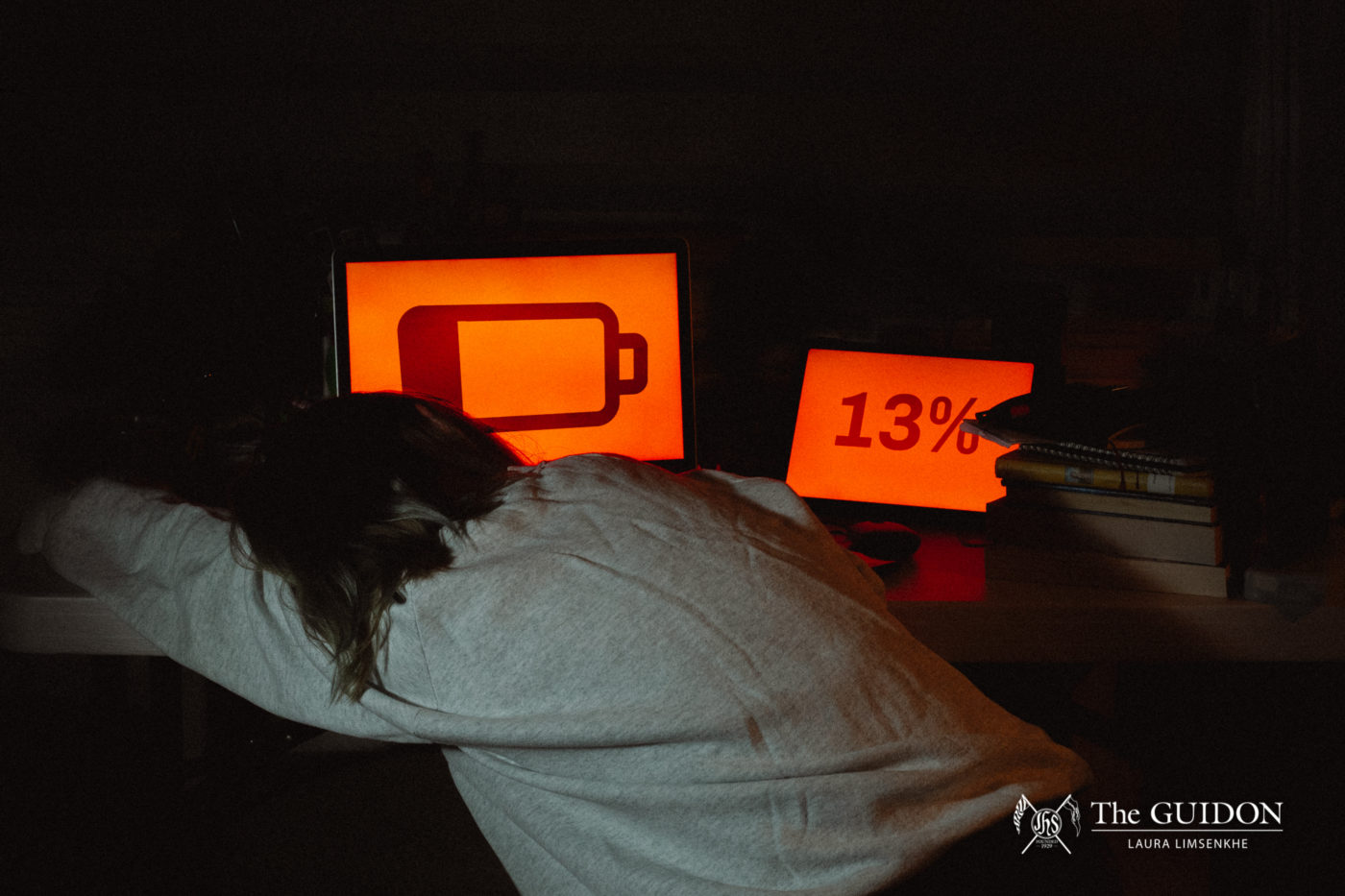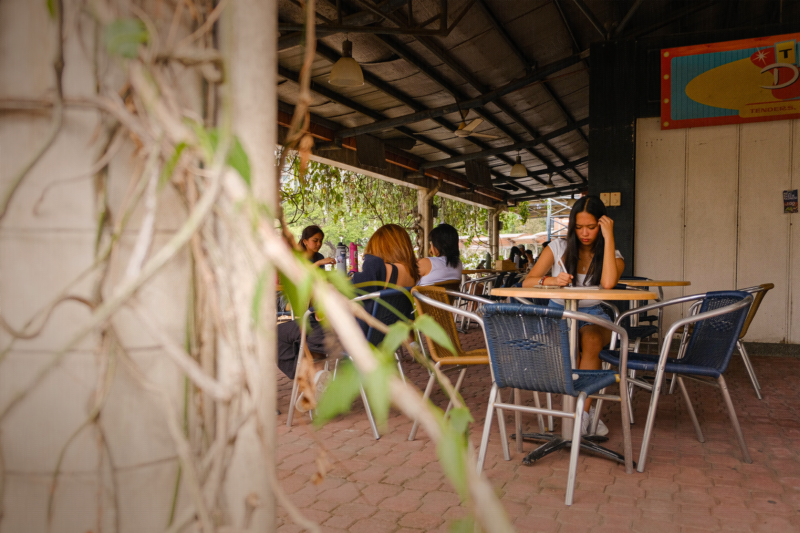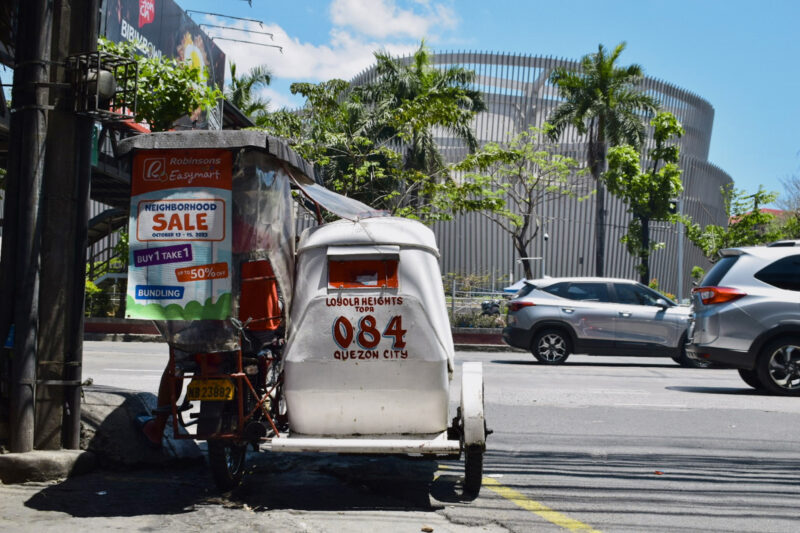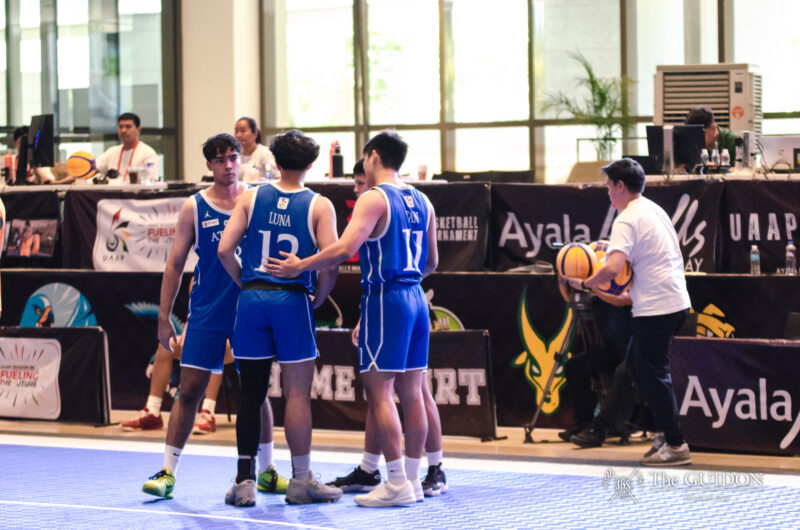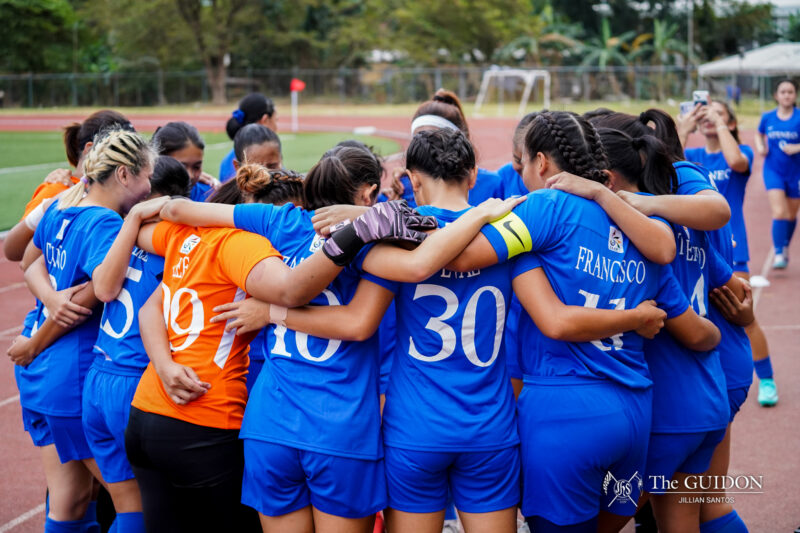MOST SENIOR students from the 2002 Basic Education Curriculum were required to begin writing their thesis in the first semester of this academic year. This undergraduate thesis or capstone project is a major academic output that serves as the culmination of their respective program curricula. A success indicator for both students and faculty, this project utilizes the years of education provided to the learners by translating into practice the knowledge and skills they gained.
Under normal circumstances, most processes necessary for the development of a thesis involve fieldwork or on-site data gathering. However, as the University administration decided to hold classes remotely until the second semester due to COVID-19, these circumstances ultimately pushed these outputs into the online setting.
Although thesis classes are exempted from the quarterly system, students are still required to gather data, produce manuscripts, and defend their work in a remote arrangement. For some courses and programs, a thesis is primarily an independent task—most of them work on this project in an individual capacity.
Warning signs
Compounded by the online set-up’s mental and physical health threats, individual thesis writing has been a serious stressor for some seniors, as social media posts on Facebook and Reddit reveal. For instance, anonymous submissions on Blue Katip Freedom Wall were directed to the Development Studies (DS) Program. In the series of posts, students lamented the program’s heavy emphasis on the fieldwork component of the thesis as well as its policy on assigning this requirement individually.
Recognizing the issue, Development Society President Angel Oviatt notes that they arranged meetings with DS Program Director Jayeel Cornelio, PhD to ensure that students’ concerns were communicated. “We didn’t release a statement [about the posts] because a lot of the communication happened internally,” Oviatt says.
Referring to a related post that linked the DS Program to mental illnesses, Cristina Batalla (4 AB DS) emphasizes that “it’s unfair to blame the depression and anxiety on DS and the nature of individual thesis.” She also states that it is counterproductive to resent other people in account of one’s personal thesis experiences.
Cornelio also holds that it is not the individual assignment of the thesis that presents a problem. “We have been doing thesis writing as an individual project for decades already and while it is often a problem for students to finish it, they do finish anyway,” he explains.
Meanwhile, seniors from different majors also experience the limitations of online thesis writing. Restrained by public health protocols, Zianne Agustin (4 BFA ID) cannot gather data on-site, which is crucial for the completion of her senior creative project. Adding to the challenge, she notes that getting in touch with resource persons is difficult at this time. “While you can expect people to correspond with you online, it’s really about how quickly they get back to you,” she says.
Nonetheless, Oviatt, Batalla, and Agustin have obtained the needed sources for their respective projects online. Oviatt’s thesis topic relies on accessing online journals, Batalla’s in conducting online engagements, and Agustin’s in preparing online interviews and surveys.
Keeping in step
In hopes of overcoming these challenges, some programs and departments implemented adjustments to meet academic and precautionary demands. Agustin indicates that thesis advisers of the Information Design (ID) Program guide students through workable topics in the online setting. “They’re really trying to advise against topics that might warrant you to go out. My adviser was trying to be as helpful as possible, but they’re trying to prioritize safety,” she says.
Meanwhile, Oviatt and Batalla state that most thesis advisers in the DS Program adjusted their availability to their advisees through flexible communication lines. They say that most students and their advisers primarily reach out through email, but can also get in touch through other messaging platforms like Messenger or Discord.
The students similarly say that their respective department is more lenient with outputs and deadlines. Agustin from the ID Program says that most of their worksheets—formerly required during on-site classes—are now optional activities and late submissions no longer merit deductions. Likewise, Oviatt and Batalla note that DS professors allow students to set their own deadlines, allowing them to practice independence in thesis writing.
However, a more considerate attitude in supervising a thesis may not be enough for the project’s completion in some other fields, especially in the natural sciences. Although the LS administration proposed to hold face-to-face laboratory courses with regulations abiding by the Inter-Agency Task Force protocols, the bid is still pending the approval of the Commission on Higher Education. In the meantime, Biology Department Chair Dr. rer. nat. Crisanto M. Lopez assures that students under the program have recalibrated their studies to make it feasible this online semester.
“We had to tell the faculty members that you have to give your thesis advisees topics which they could do online […] to accommodate the limitations of the lockdown,” he says.
Aside from delivering thesis or capstone on a semestral basis, Agustin and Batalla say that there were no announcements regarding a University policy overhaul for thesis courses during the online semester. Associate Dean for Academic Affairs Josefina Hofileña, PhD confirms this and states that the schools or departments are responsible for making the necessary adjustments that better suit the particular demands of their respective disciplines.
Unleashing the potential
Since distance education for most courses is unlikely to end soon, LS departments will continue to facilitate theses in the online setup. On the part of the DS Program, Cornelio assures that they are open to suggestions on how their faculty can better proceed with online thesis writing.
Cornelio adds that their program is willing to change their policy on individual thesis writing and that they are currently considering the option of assigning the project by groups instead. He expresses their faculty’s openness to break their now decades-old tradition of assigning thesis individually.Meanwhile, ID Program Coordinator Smile Indias shares that ID thesis advisers are committed to listening and adjusting to the students’ needs without sacrificing the academic demands of a capstone project. “Tuloy lang doon sa paghahanap ng [We will continue to look for the] space where both academic rigor and compassion can exist,” Indias says. It is in that space that students’ potential can be unleashed despite its confinement within the limits of online tools.

